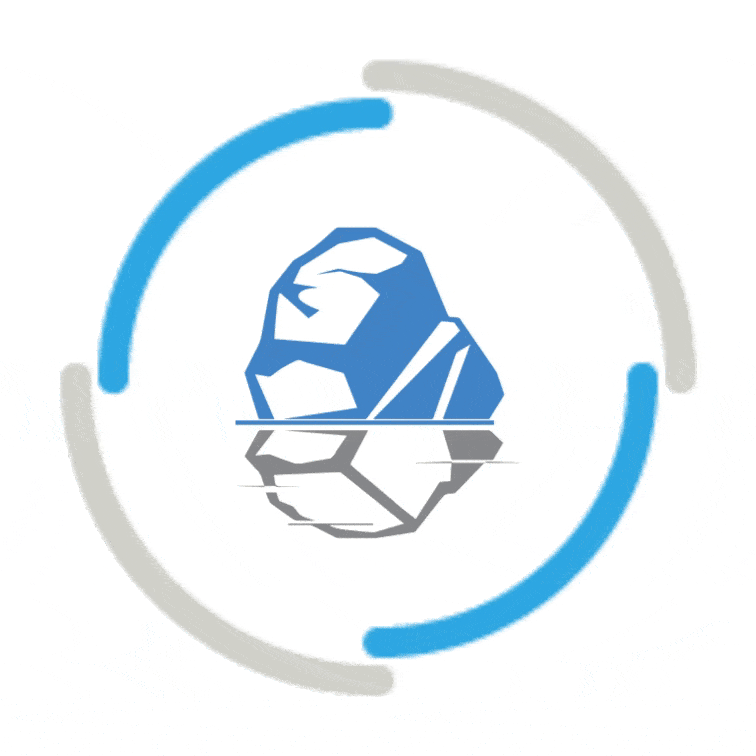Insured's Estimate of Vehicle Value
How does my estimate of my vehicle’s value affect my claim?
Why does my estimate of my vehicle’s value matter?
All insurers ask you to estimate the value of your car when applying for cover or renewing. This figure is recorded on your policy as the “Insured’s Estimate of Value” and it is used to calculate your premium. As the name suggests, the estimate of your vehicle’s value will not change unless you, the Insured, request for it to be updated.
But the estimated value you suggest isn’t necessarily what you’ll get back from the insurer if your car is stolen or written off.
That’s because almost all cars lose value over time and your policy will only cover the Market Value of the vehicle at the time of the accident. When a total loss occurs (i.e. a vehicle is stolen or written off) insurers employ a professional valuator to estimate the Market Value of a vehicle on the day of the loss, and this value is the basis used to settle your claim.
Certain insurers do offer ‘Agreed Value’ policies, where they will pay the exactly what the Insured’s Estimated Value of the vehicle is, if it is stolen or written off. However such policies are more expensive, as the expectation that the Market Value will drop over time is not priced into your premium.
With a standard car insurance policy, while you are likely to receive less than your estimated value of the vehicle after suffering a total loss, in effect, a discount has already been priced into your premium to reflect that expectation.
Nonetheless, in order to keep your premiums down, you should always ensure that the Estimated Value of your vehicle represents its Market Value.
Excess and the Insured’s Estimate of Value
In the event of a loss (whether total or partial) your claim settlement will be paid less your excess [Learn more about IronRock’s standard Excess]. Your excess is calculated as a percentage of the Insured’s Estimate of Value. Therefore if the estimate of your vehicle’s value is far greater than it’s market value, your excess will be larger and your claim payment will be smaller.
This is another major reason to update your vehicle’s estimated value each year.
Estimating the Value of Your Vehicle
How to Estimate your Vehicle’s Value
At IronRock, we recommend that you check once a year if you need to update the estimated value of your vehicle.
While we recommend that you obtain a professional valuation, often times the cost of the valuation outweighs any potential premium savings from reducing your vehicle’s estimated value.
To determine if you should obtain a professional valuation, first take a look at local online car market websites, or newspaper classified ads, to find an approximate valuation for your vehicle. Tip: Just search your vehicle’s year, make and model along with the words “for sale in Jamaica” into Google.
If the difference between the Insured’s Estimate of Value on your policy, and the prices you see online is large enough it is worth getting a professional valuation done. You will then need to submit this valuation – as per the instructions below.
If the difference is small, you can sign a declaration to request for the estimated value of your vehicle to be adjusted – see below instructions.
How to Update ‘Insured’s Estimated Value’
At renewal you will have the option of updating the Insured’s Estimate of Value.
If you have obtained a professional valuation, you should submit it to your IronRock representative along with your renewal instructions. Your estimate of the vehicle’s value will be updated and you will be sent an updated renewal quote.
If you have not obtained a professional valuation, and wish to update your estimate of your vehicle’s value, you will need to complete and sign a Declaration form. [click here to download]. Then submit the form along with your renewal instructions to your IronRock representative. Your estimate of the vehicle’s value will be updated and you will be sent an updated renewal quote.


